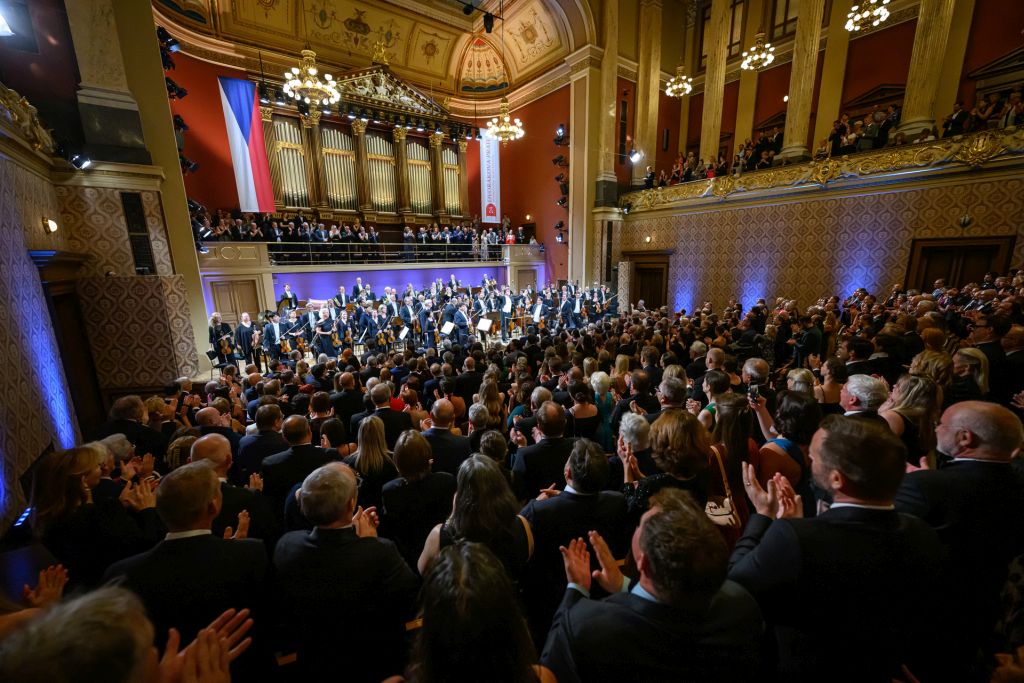About the Festival
Each year, in the first week of September, the Dvořák Prague Festival takes on the grand responsibility of inaugurating the new concert season. The festival traditionally begins around the birthday of Antonín Dvořák, a fitting occasion to launch a celebration of his music and legacy. In 2025, the festival will take place from 5 to 23 September.

























Our Mission
Dvořák Prague Festival

The programme presents works that have stood the test of time and countless performances, while also bringing fresh impulses to the classical music scene. The festival builds upon its established concert series while strengthening opportunities for young artists at various stages of their development. This commitment is inspired not only by Dvořák’s extraordinary musical legacy but also by his role as a respected educator. Through his artistic and pedagogical influence, the festival consolidates its place in Czech, European, and global cultural life while expanding its educational and inspirational impact worldwide.
The path to a deeper musical experience often begins with curiosity—an impulse that, when met with an outstanding artistic experience, can grow into a lifelong passion. The Dvořák Prague Festival seeks to open doors to more demanding repertoire, helping audiences integrate classical music into both their emotional and intellectual worlds. Whether presented in a formal or informal setting, it is the artistic excellence of each performance that truly matters.
The festival remains unwavering in its commitment to artistic and interpretative excellence. Time and again, experience has shown that in a brilliant performance, even the most intricate works become accessible and natural. The festival creates an environment where audiences feel at ease, fully immersed in the music, and transported to something beyond the everyday.
Finding the right approach to guiding audiences towards profound musical experiences is no small challenge, yet the Dvořák Prague Festival has never shied away from ambitious artistic goals. In 2025, the festival introduces a new concert series, No Tie, designed to provide an informal, welcoming atmosphere without ever compromising on the highest artistic standards.
"We are honoured to have Antonín Dvořák’s name as part of our festival’s title. This is not a mere gesture for us—it represents an ethical commitment. The comprehensive promotion of Dvořák’s legacy is the driving force behind all our efforts."
— Jan Simon, Festival Director
More About the 2025 Festival

Festival 2025
What to look forward to at this year’s festival?

Concert Venues
Explore the venues that bring the Dvořák Prague Festival to life.

Festival Etiquette
Helpful tips to ensure a smooth and enjoyable festival experience.
